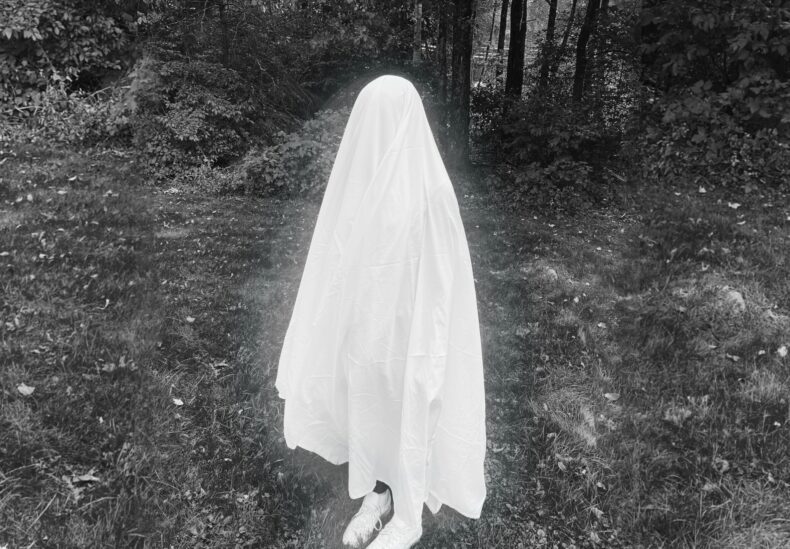
In 2016 my editor assigned me an article about a then-recently identified genetic association between three medical conditions: postural orthostatic tachycardia syndrome (POTS), hypermobile Ehlers Danlos syndrome (hEDS), and mast cell activation syndrome (MCAS).
As it so happens, I have all three of these. After minimal reflection, I decided to take a journalistic risk and write the story in the first person, including some information about my own illness experience. I talked about my bizarre sunlight allergy and joint dislocations, and the stress of not knowing when my immune system will detonate next.
I talked, too, about how the three conditions often come as a box set: people who have one of them are more likely to also have the others. In my article, I called this comorbid trio “the trifecta”— just my flippant way of emphasizing their interrelatedness.
Seven years have passed. In that time, scientific knowledge of all three conditions has advanced, albeit not as much as I’d like. My symptoms and daily experience have shifted, as has my relationship to my body. The way I talk about my illness—including whether I talk about my illness—has changed. I’m not embarrassed by the 2016 article, exactly, but if I were to write it today, I’d approach it very differently. “Still, what’s done is done,” I would say. Ordinarily.
But this damn article just will not rest.
The haunting is two-pronged, operating in two spheres:
Patients. Once a year or so, the article seems to resurface on some POTS or MCAS or hEDS Facebook group or patient forum, and I receive a new handful of emails seeking or dispensing medical advice. No one seems to look at the publication date; they see only the headline. People reassure me that they, too, are allergic to sunlight. They tell me about their suffering, or their wives’, or their children’s. They ask me which foods to eliminate from their diets and which medications to try. They plead with me to get them in to see my doctor. They tell me to do yoga, get spinal surgery, swallow liquid silver.
Reporters. Newer articles about POTS, hEDS, and MCAS describe them as “the trifecta,” sometimes preceding the phrase with “doctors call these conditions…” But doctors don’t call them that. No one does, or did, anyway, until I slumped there on my sagging couch and typed up my scattered thoughts.
The continued recirculation of this article marks me as a beacon and an expert when in reality I am neither. I respond to every reader email* with compassion and a list of resources; otherwise, there’s nothing I can do about any of this. I hurt for all these people who need medical care they aren’t getting, but no amount of need on their part will turn me into a doctor or a social worker.
As always, I’m determined to find the lessons in this experience. (None of these insights are new, but this whole trifecta situation really drives them home.)
- The moment you commit something to print or the internet, you relinquish control of your own story.
- You will change, and the science will change, and the world will change, but your words will stand still. They will be plucked from both their original context and the flow of time. (This is something I’ve discussed with other writers before; Sabrina Imbler was particularly wise on the subject.)
- Your words will take on lives of their own that you could never have imagined. This is neither good nor bad—or, rather, it is both.
- To speak at all is to risk being misunderstood.
- Facebook is [still] the worst.
*Except the ones telling me how to manage my own body. Those people can go sit on a cactus. The best time for unsolicited medical advice is never.
Ghost photograph from my personal collection.
Helpful post. Your 5 insights are valuable, particularly #1. The best reply I can share: “I reckon I can understand.”
Thanks, David! And thanks for reading!
I reckon I can understand
(5) And you are still ‘on’ FaceBook? Bailing completely on insidious social mediascapes couldn’t hurt …
I had no idea, Kate! I’m glad I’m only a poet. No one asks or tries to tell me anything.
Don’t be so sure! I have a poetry question for you—will message you soon. 🙂